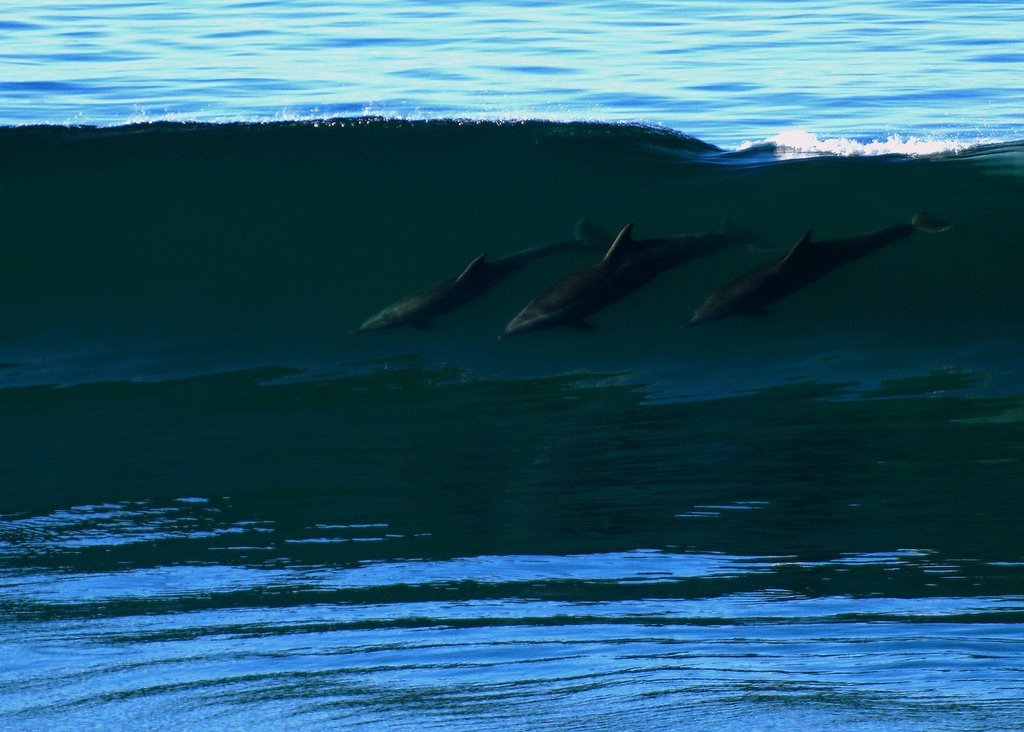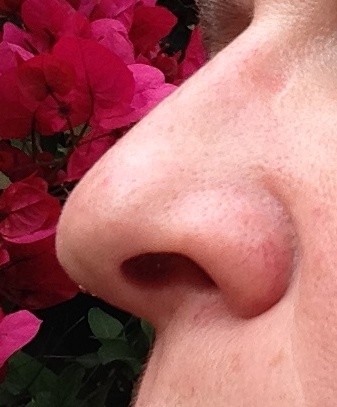Science or Nonsense?
ENCORE PRESENTATION - From the Science Update archives: Science confronts alternative medicine and vaccine myths. Also: Can we learn anything from violent video games?

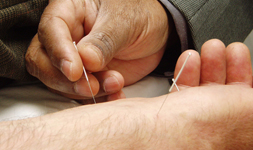
ENCORE PRESENTATION - From the Science Update archives: Science confronts alternative medicine and vaccine myths. Also: Can we learn anything from violent video games?
Toxins from scorpions could lead to new drugs for neuromuscular disorders and cardiovascular disease.
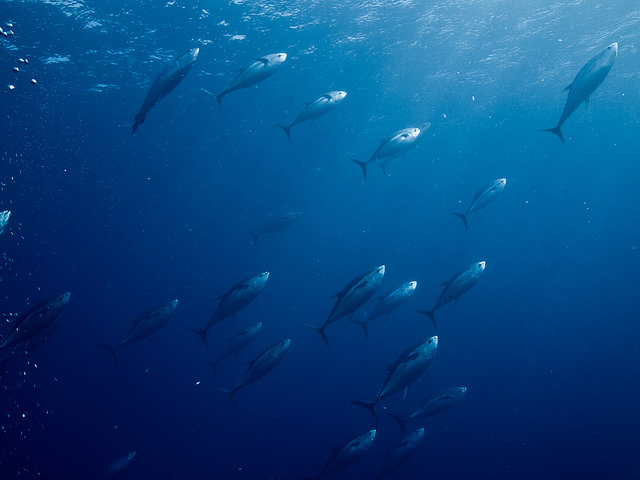
A roundup of science news stories including making ethanol from nitrogen out of thin air, and an uptick in mercury levels in tuna.
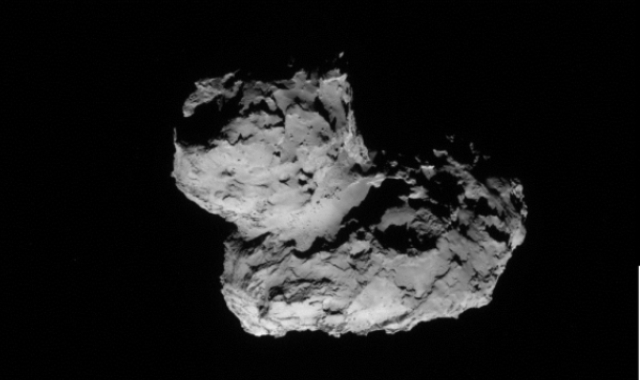
The Rosetta spacecraft currently orbits Comet 67P. Its uncanny resemblance to a child’s rubber ducky toy produces seasons which affect its thin atmosphere.
The chemical radon causes lung cancer, and it’s found in many homes. Fortunately, it’s easy to test for and remove.

Scientists are getting a better handle on how much plastic we put into the oceans, and what effects it’s having.
The U.S. has banned some fire retardants because of their toxicity. But the same chemicals are also produced naturally by marine life.
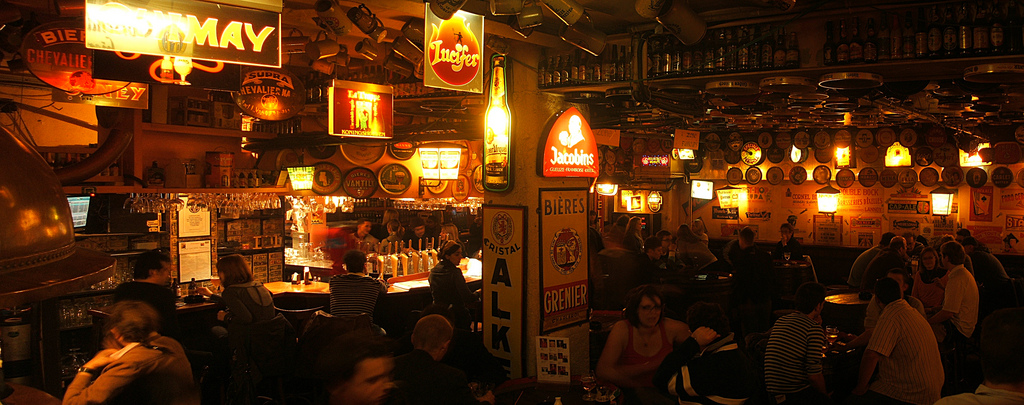

Saving degraded coral reefs may be difficult, because juvenile corals and fish won't return to them.
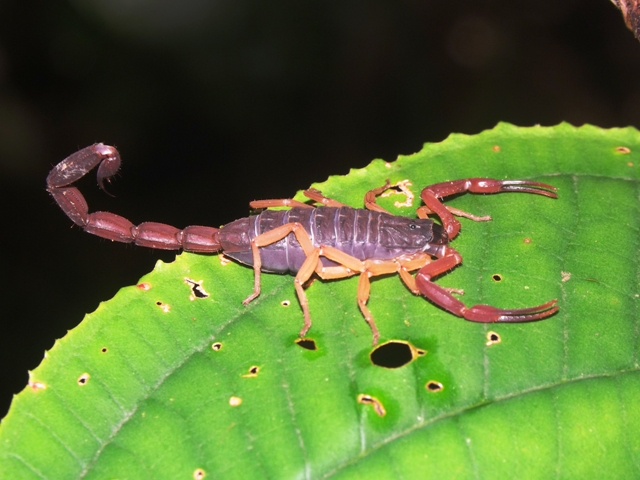
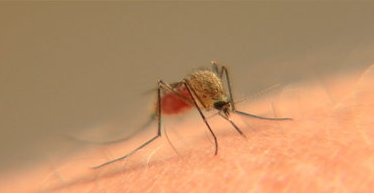
The malaria parasite may make its host extra-appetizing to mosquitoes, just when the contagion risk is highest.
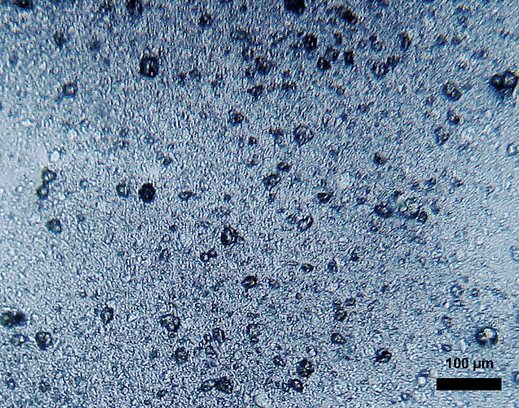
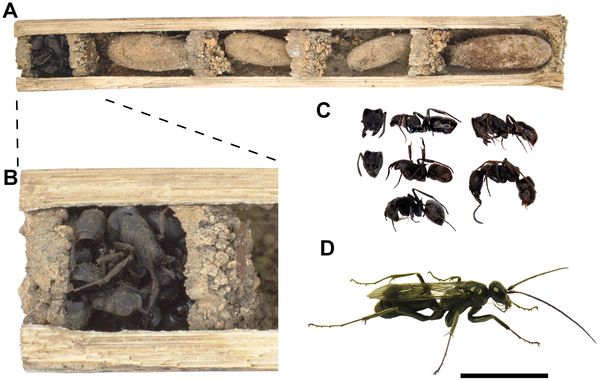
Bone house wasps place dead ants in their nests to ward off predators and parasites.
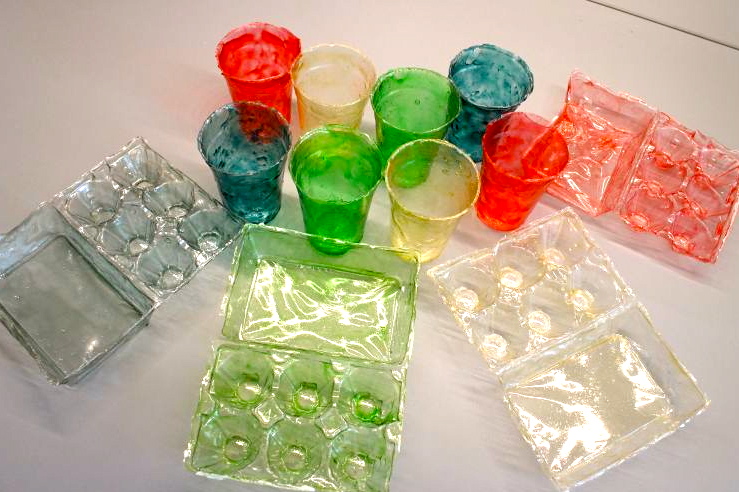
A biodegradable plastic isolated from shrimp shells could help curb a huge environmental problem.
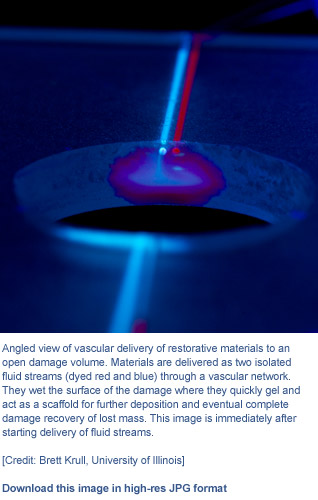

The U.S. has banned some fire retardants because of their toxicity. But the same chemicals are also produced naturally by marine life.
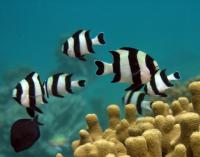

Samples from Greenland's ice cores suggest that the U.S. Clean Air Act has helped curtail acid rain.
